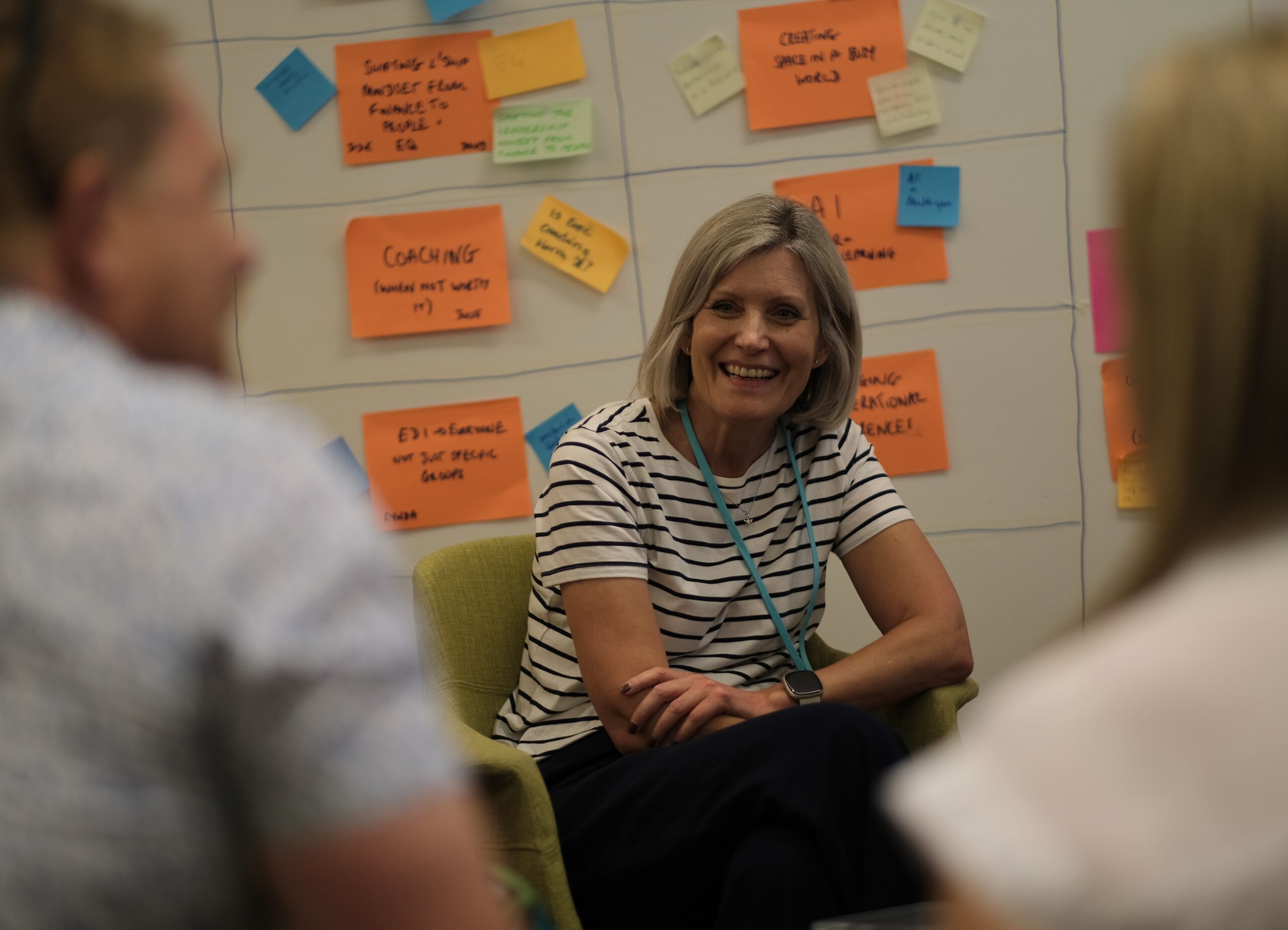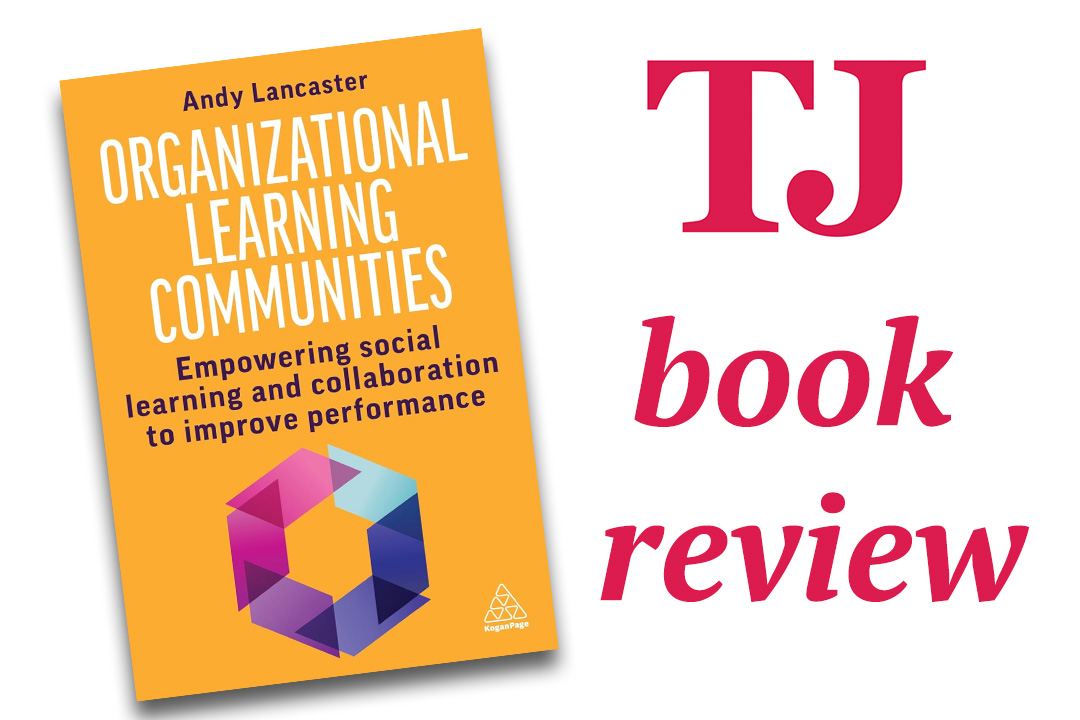What is the unconference advantage? It’s action-based learning and designing your own active event experience – Ben Waldman tells us more
Imagine you could flip the traditional conference format on its head: Rather than having to sit through various predefined sessions which may – or may not – be useful for you, you have the power to design your own learning experience based on the most pressing challenges you face, tapping into the collective wisdom of experts in the field along the way.
That’s exactly what we did at the inaugural HR Leaders Unconference, facilitated by Fiona McBride and Georgina Kelly and held at Wallacespace, Clerkenwell in London. It brought together 50 senior HR leaders from a wide range of backgrounds and industries, and organisations – such as the Financial Ombudsman, Mencap and L’Oreal – all keen to try out this unique and powerful form of action-based learning. Having worked with both Fiona and Georgina before, I was asked to help plan the event and assist on the day – and also invited to experience the Unconference as a participant.
What happened at the unconference?
After getting to know one another over coffee, we began the day with a welcome from Georgina. As an unconference is shaped by the people who attend it, I found the relaxed style of welcome and introductions to be essential in getting people chatting and sharing their thoughts and ideas; this unstructured, informal approach is a hallmark of the unconference format and a key reason why they’re so successful in generating discussion, debate, challenge and creative solutions.
After this, Fiona took us through how the day would run, and coached us on some of the finer points of taking part in an unconference. I like to think I’m a fairly experienced facilitator, but the unconference format has certain unique characteristics, some of which might not come naturally to everyone. For example, one of the underlying principles of an unconference is the so-called ‘Law of Two Feet’. In other words, if you find you’re no longer getting enough value from the session you’re in, you can – and should – walk away and join a different one. By moving to a session that better aligns with your interests and needs you can ensure that you’re involved in the discussions that are most relevant, interesting and beneficial to you – and that the conversations remain fluid and dynamic. For the more reserved or polite among us, this can feel a little uncomfortable until you practise it a few times!
After familiarising us with the unconference concept, Fiona took us straight into an open session where we co-created the agenda for the day. Starting with a blank slate, everyone proposed the topics or challenges they wanted to explore. We then grouped similar topics together, creating the foundations of our unconference sessions. Topics ranged from ‘developing organisational resilience’ and ‘navigating the post-covid employer-employee contract’ through to ‘is executive coaching worth it?’ and ‘applying evidence-based HR.’ In total we had 21 sessions, with each round taking place simultaneously in different spaces.
Unlike traditional formal conference sessions, our unconference groups were small, interactive and collaborative, with lots of opportunities for open dialogue, peer learning, and problem-solving. We sat in relatively small groups discussing the topic at hand. There was no formal leader and whilst some people would naturally lead a conversation, that would change throughout a discussion as people moved around the room.
We ended the day by sharing what we’d learned, the insights we’d gained, and, most importantly, the actions we wanted to take as a result.
What was the experience like?
For me, the unconference was hugely impactful – and reinforced the importance of peer learning and collaborative discussion, particularly at a strategic level.
One thing that was particularly noticeable about the day was the passion and energy that people brought to it. While traditional conferences can sometimes feel draining, I found the high-energy unconference format engaging and invigorating. Chatting with others afterwards, it was striking how many felt the same way – and how many people said they loved the format and found it hugely beneficial.
Here’s a selection of what people had to say:
“It has spoiled me as I don’t think I can go to a ‘normal’ conference format again!” – Lynda Steer, Head of People Change at The Health Foundation
“…So much more effective than anything I’ve attended in a long time. Having delegates form the content that matters to them, to then invest time in…is a brilliant concept” – Brian Newman, Executive VP HR at Ticketmaster
“Best thing I’ve done in the world of HR in a long time!” – Yvette Janse van Rensburg, Senior Consultant at Let’s Talk Talent
“Unconference is a brilliant way to explore new ideas and learning amid a spirit of listening, connecting and thinking anew, especially when facilitated with the excellence, focus and fun that Georgina and Fiona bring to the session. I certainly recommend giving this format a go.” – Sam Wigan, Leadership Coach, Sam Wigan Coaching
It was also telling how many people connected with one another on LinkedIn after the event to continue their discussions!
What’s next for the HR Leaders Unconference?
The Unconference was a sellout, with tickets going far quicker than expected. If you missed out this year, don’t worry – the next HR Leaders Unconference is already in the works and will take place at Wallace Space’s venue in Farringdon, London on the 23rd June 2025.
Tickets are available to buy now – including reduced rate tickets for those working in the charity and not-for-profit sectors. For booking details and further announcements, follow the LinkedIn Page or visit the website.
If a day of strategic insight, challenge, and collaboration with other experienced HR leaders sounds exciting to you, make sure to secure your spot early for 2025!
We’d like to thank our partners at Famn, On Track Learning, Popcorn, YuLife, &Partners, and Training Journal for their support, as well as the team at Wallacespace for helping ensure the smooth running of the day.
Ben Waldman is Founder at Blue Rose Learning




